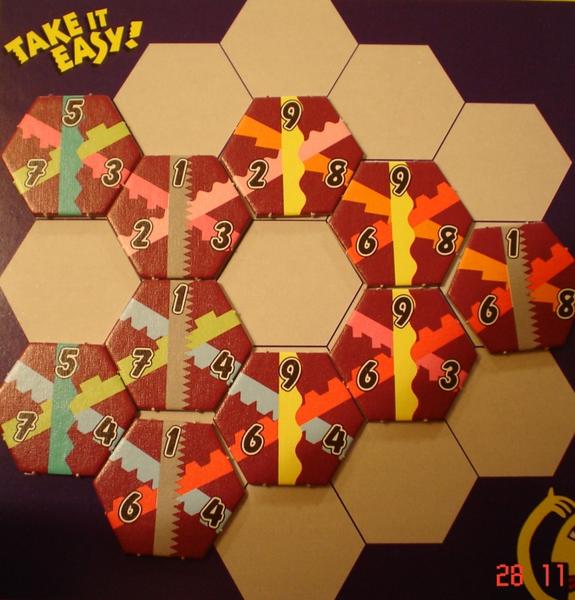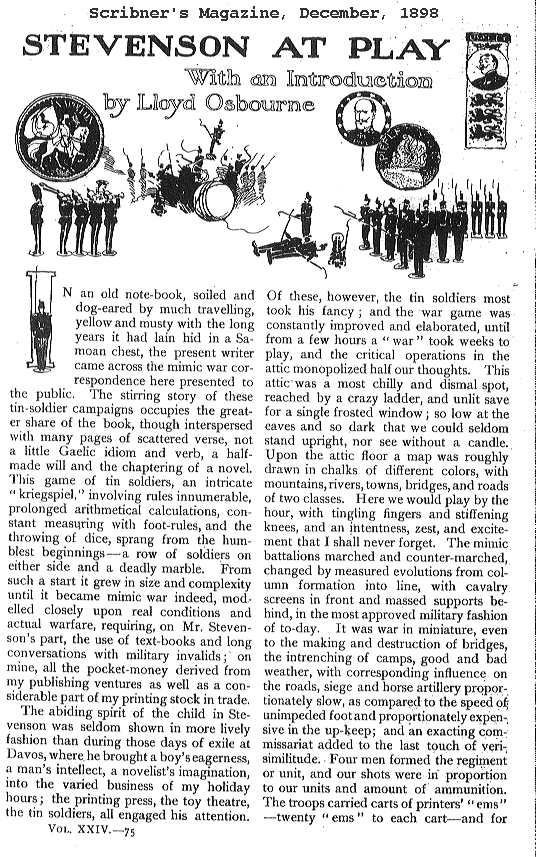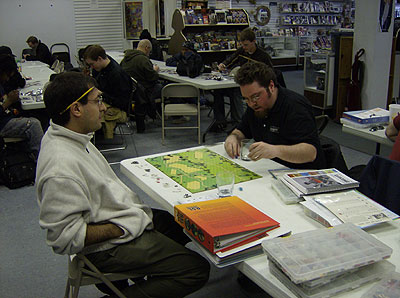Steve Meretzky, who once upon a time wrote interactive fiction for a little company called Infocom, weighs in on “What We Can Learn From Board Games.”
The “we” here are electronic game designers, and while the sentiment—that board games are relevant—is much appreciated here at ZOI, the article mostly irks me.
Meretzky seems content to wallow in a kind of ludic pastoral. Board games offer “innocent delights,” in contrast to the loud, bellicose, heavy metal pixel monsters that stomp across the virtual landscape. Reading a little further, we learn that the “innocent delights” include stepping into the shoes of “a modern art dealer, a Mesopotamian king, a colonial-era governor, a 19th-century railroad magnate, a bean farmer, a Vegas casino mogul, and an Egyptian deity.”
Meretzky, in other words, is a Euro gamer. He has no stomach for hex and counter wargames—which is fine, each to their own—but he’s apparently willing to forgive the Euro market its ongoing obsession with Orientalism, capitalist fantasy, and colonialism. He wants to insist that Euro games are “wildly original” despite the fact that most hew to a handful of well worn genres and conventions, with similar underlying mechanics lurking just beneath the near-infinite variety of themes skinned on top. He also thinks that board games transcend market forces and material economies—a good board game “can still be created by one or two people at a cost of next to nothing.”
I appreciate that neither Euros nor wargames enjoy the kind of budgets that are the coin of the realm in commercial computer game development, but in fact board games rely on volunteerism and gift economies where hobby enthusiasts donate their time as play-testers, developers, proofers, even artists, for no compensation other than a gratis copy of the game.
It’s pleasing and ironic to find that it’s the virtual economies that are now seen as laden with the baggage of materialism, but by romanticizing board games (we are in their “golden age”) Meretzky risks reinforcing a schism that is already being actively exploited in other quarters, perhaps by those with baser intentions (see below).
[Thanks to Dennis Jerz for this.]
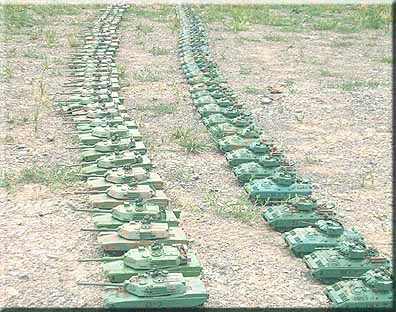
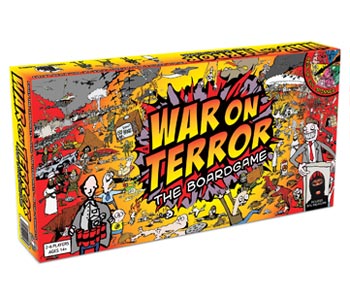
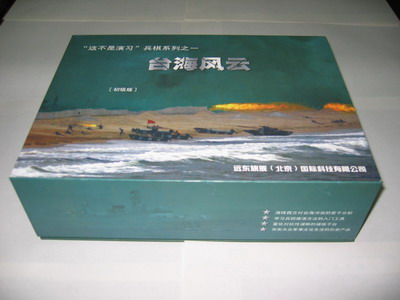
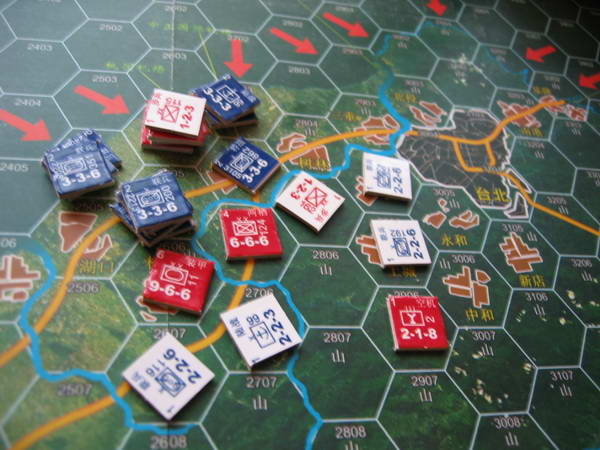
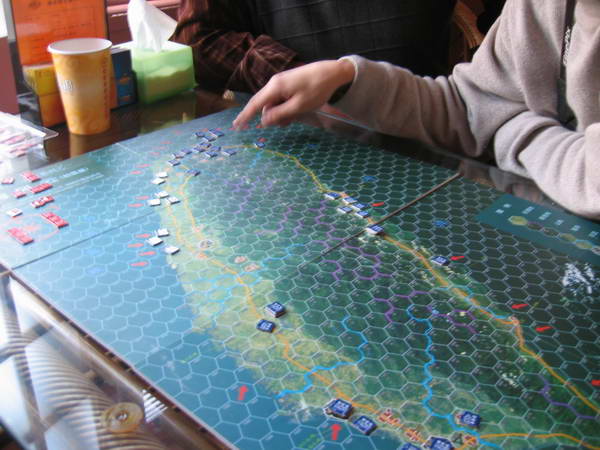
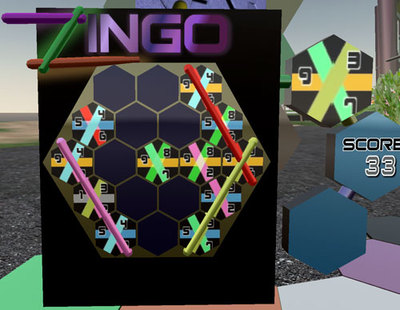 Â Â Â Â Â
     